
Tel: 301-652-9505

Tel: 301-652-9505
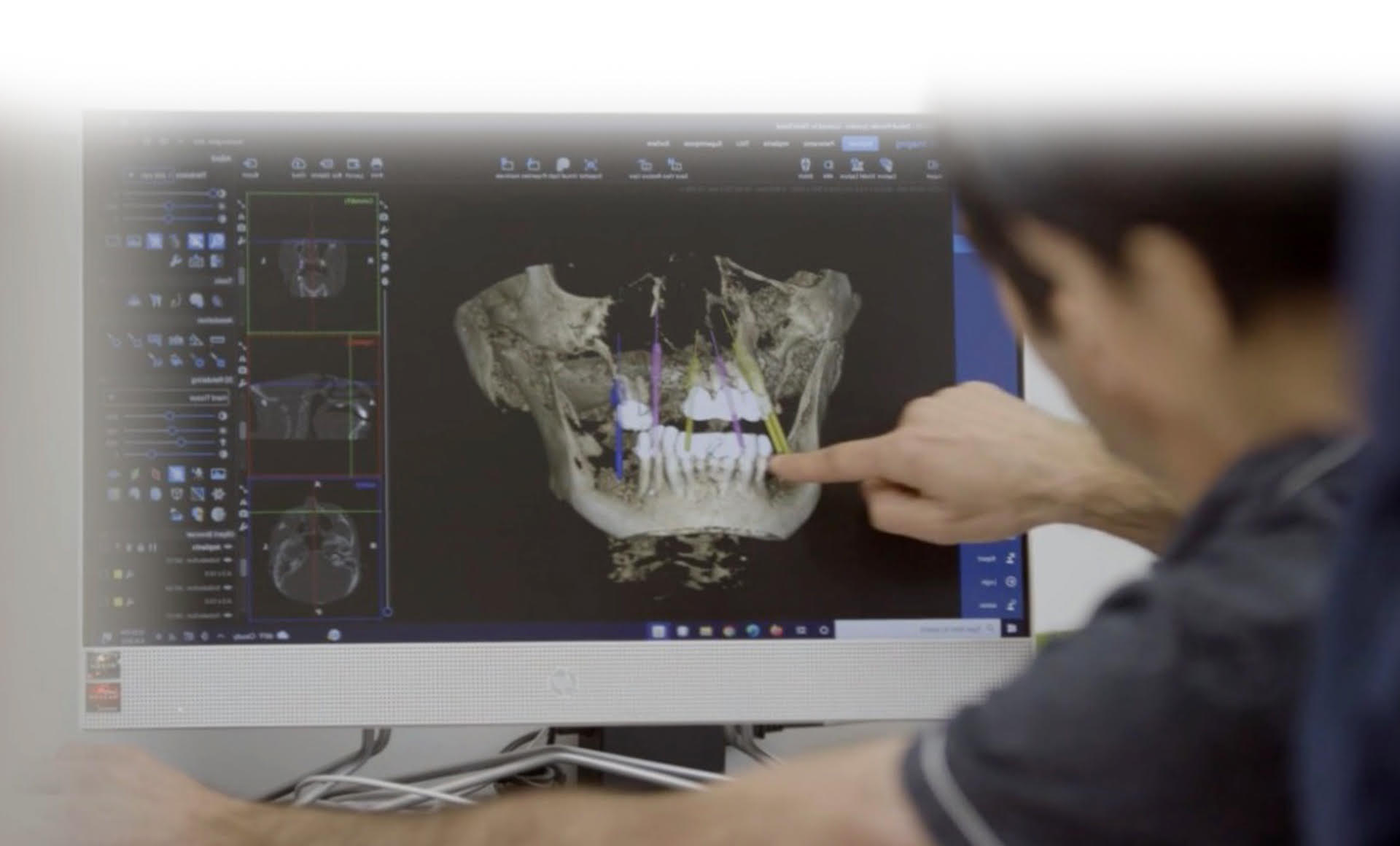
La colocación de un implante individual es el tratamiento recomendado cuando a alguien le falta o está a punto de perder un diente. Con un diagnóstico adecuado y, podemos ofrecer una opción de colocación inmediata de implantes dentales el mismo día de la extracción del diente. Dr. Obeid puede realizar la cirugía sin cortar la encía, lo que significa que no hay suturas, las molestias son mínimas, poca o ninguna hinchazón y una recuperación rápida.
También podemos proporcionar un temporal fijo el mismo día. En resumen, entras en Obeid Dental con un diente y sales con otro diente.
El proceso de un implante, en principio, sustituye las raíces de un diente por un tornillo metálico que se 'implanta' en la mandíbula. Esto se puede hacer inmediatamente después de la extracción del diente o para reemplazar un diente que se perdió anteriormente por daño. Se fabrica un diente de reemplazo temporal y se utiliza durante el proceso de curación. Una vez que el área ha cicatrizado por completo (normalmente entre 2 y 4 meses), se fabrica una corona y se fija a la base de metal. El implante dental ahora funciona como lo haría su diente natural, retenido en el hueso de la mandíbula. El proceso completo de implantación puede tardar entre 3 y 5 meses dependiendo de la complejidad de la situación clínica. Dr. Obeid le explicara todos los pasos del procedimiento en la visita de consulta.
La colocación de un implante individual es el tratamiento recomendado cuando a alguien le falta o está a punto de perder un diente. Con un diagnóstico adecuado y, podemos ofrecer una opción de colocación inmediata de implantes dentales el mismo día de la extracción del diente. Dr. Obeid puede realizar la cirugía sin cortar la encía, lo que significa que no hay suturas, las molestias son mínimas, poca o ninguna hinchazón y una recuperación rápida.
También podemos proporcionar un temporal fijo el mismo día. En resumen, entras en Obeid Dental con un diente y sales con otro diente.
El proceso de un implante, en principio, sustituye las raíces de un diente por un tornillo metálico que se 'implanta' en la mandíbula. Esto se puede hacer inmediatamente después de la extracción del diente o para reemplazar un diente que se perdió anteriormente por daño. Se fabrica un diente de reemplazo temporal y se utiliza durante el proceso de curación. Una vez que el área ha cicatrizado por completo (normalmente entre 2 y 4 meses), se fabrica una corona y se fija a la base de metal. El implante dental ahora funciona como lo haría su diente natural, retenido en el hueso de la mandíbula. El proceso completo de implantación puede tardar entre 3 y 5 meses dependiendo de la complejidad de la situación clínica. Dr. Obeid le explicara todos los pasos del procedimiento en la visita de consulta.
Colocación inmediata de implantes, carga inmediata de implantes, implantes el mismo día o ¿qué tal los dientes en un día? Todas estas son descripciones diferentes para el mismo procedimiento que implica extraer uno o varios dientes, colocar un implante dental en el mismo día sin esperar a que el área sane después de la extracción y, en algunos casos, colocar una restauración fija temporal (no permanente). En el mismo día Se puede realizar para un diente, varios dientes o toda la boca.
Dr. Obeid, un prostodoncista certificado, ha estado realizando la colocación de implantes inmediatos de forma rutinaria desde 2001. El procedimiento ha evolucionado y se ha vuelto más sofisticado a medida que pasaban los años. Ganó más popularidad y conciencia pública cuando una megaempresa financiera llamada Clear Choice comenzó a adquirir consultorios dentales y a gastar millones de dólares en una campaña publicitaria que promociona el concepto Dientes en un día.
El resultado fue un éxito comercial que proporcionó un tratamiento de "talla única". En Obeid Dental llevamos 20 años perfeccionando esta carga inmediata y ofrecemos un enfoque individual y personalizado para cada caso porque, sencillamente, una talla no sirve para todos. El concepto de implantes all-on-4 no puede funcionar para todos. Algunos necesitan 6 implantes, otros 8 y algunos pueden beneficiarse salvando sus dientes y recibiendo odontología convencional.
La odontología es en parte ciencia y en parte arte. Asegúrese de elegir al especialista adecuado para este tratamiento que es complejo y altamente individualizado.
En Obeid Dental, tenemos la gran ventaja de que todos los pasos los realiza el Dr. Obeid. Eso incluye la extracción del diente, la colocación del implante quirúrgico, la fabricación inmediata del puente temporal fijo y cualquier cita de seguimiento. Obtendrá un tratamiento altamente individualizado de la mano de un especialista profundamente capacitado y experimentado en el que puede confiar, de principio a fin. Una ventaja adicional es la calidad excepcional del laboratorio dental interno avanzado y el técnico maestro que completará su restauración final.
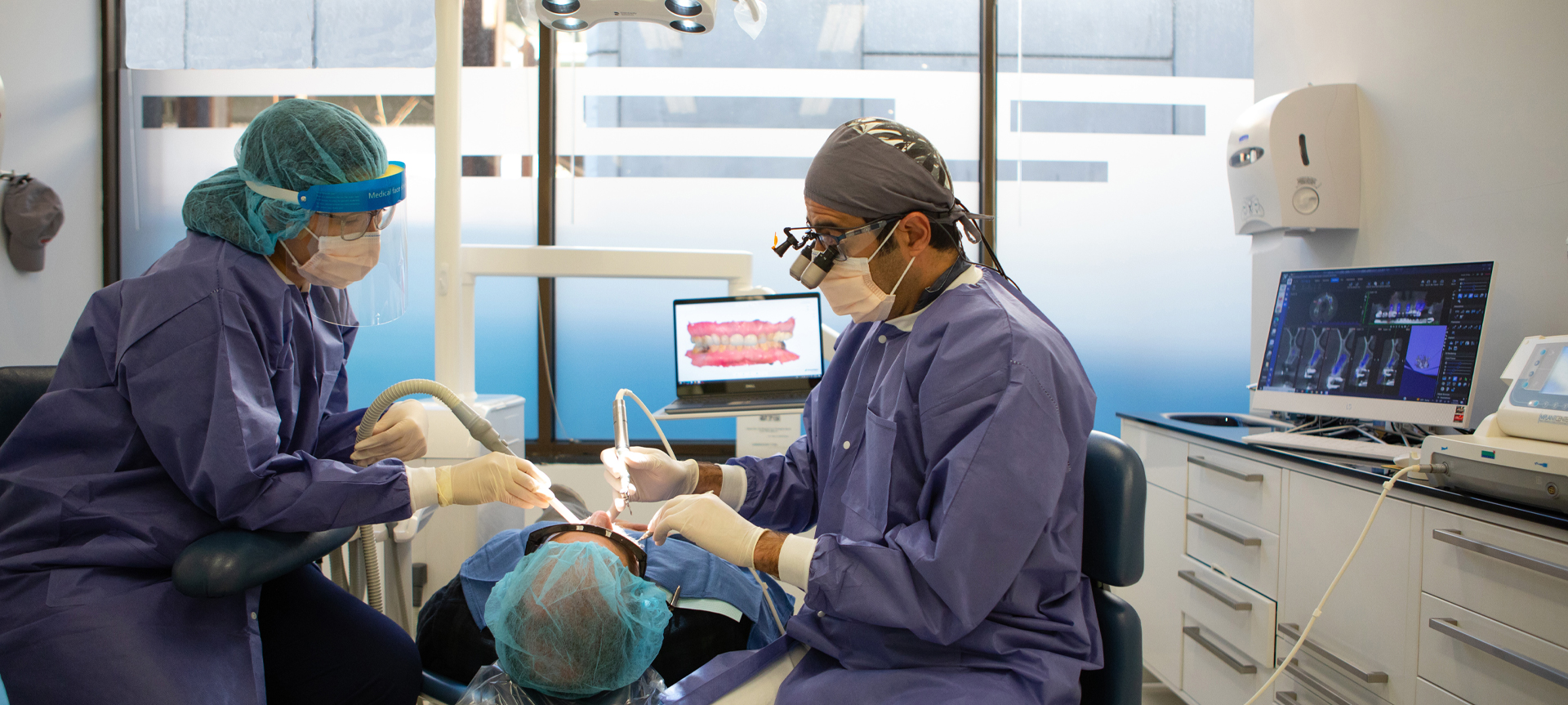
Las indicaciones de los implantes dentales pueden variar. Estos pueden incluir:
• Trauma: cualquier lesión en la cara puede provocar la pérdida de los dientes. Un simple traumatismo, como una caída o un accidente, puede provocar la pérdida inmediata de un diente.
• Caries o degradación: la degradación (también conocidas como caries) son la razón número uno de la pérdida de dientes y pueden ocurrir a cualquier edad. Si no se trata debajo de un empaste o corona existente, provocará que el diente falle y requerirá un implante.
• Fallo del conducto radicular: si no se trata, una infección causada por un fallo del conducto radicular puede provocar pérdida ósea, lo que complica cualquier futura colocación de implantes.
• Infección: una infección persistente comenzará a disolver el hueso que retiene el diente. Las causas más comunes de infección son la caries persistente, la enfermedad periodontal y los conductos radiculares fallidos.
• Dientes faltantes congénitamente: lo ideal es que todos los dientes de leche sean reemplazados por dientes permanentes fuertes. En los casos en los que esto no ocurre, un implante es el tratamiento de elección para sustituir el diente faltante.
• Coronas y restauraciones dentales defectuosas: todas las restauraciones tienen una vida útil inherente. Pueden producirse caries o caries debajo de la restauración y provocar una infección. Es posible que se necesite un implante y que resulte en una extracción.
• Diente o dientes previamente extraídos: existen muchas razones por las que un paciente puede haber retrasado el reemplazo de los dientes extraídos o faltantes. Incluso después de muchos años, todavía se pueden colocar implantes.
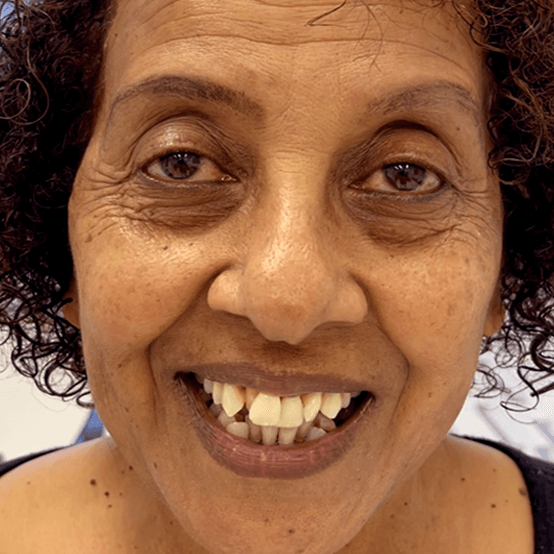
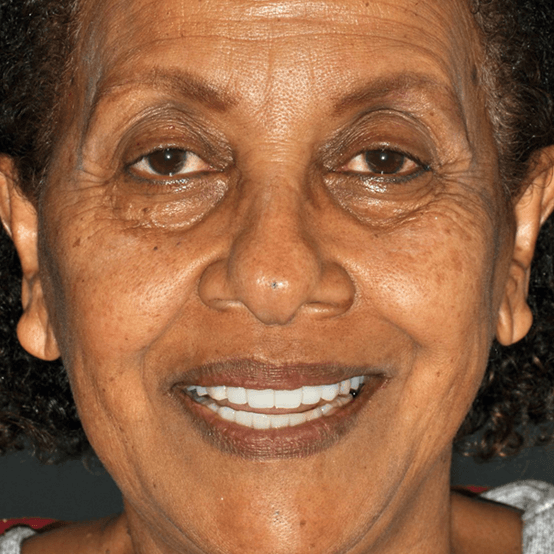
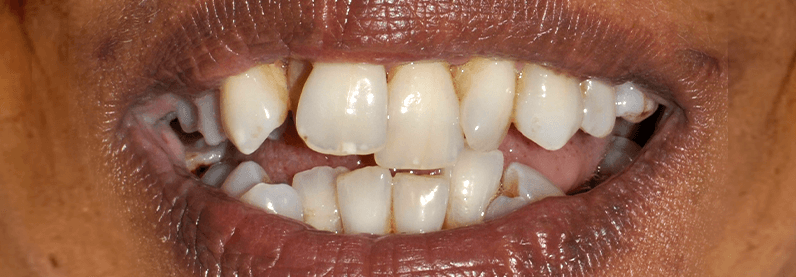
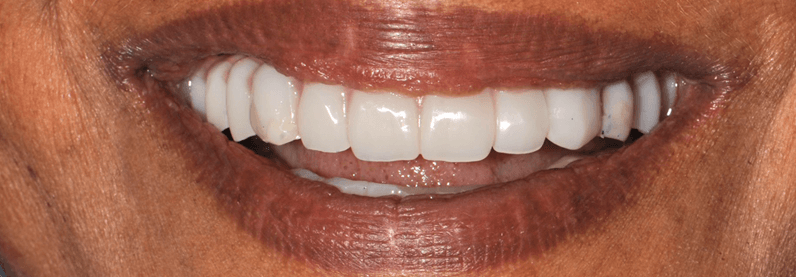
Rehabilitación de implantes de boca completa con 6 implantes en
la mandibula superior, 5 implantes en la inferior.
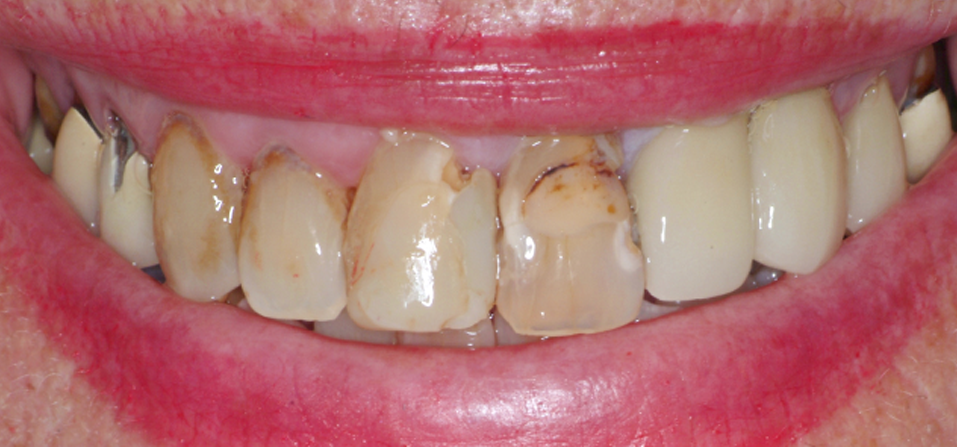
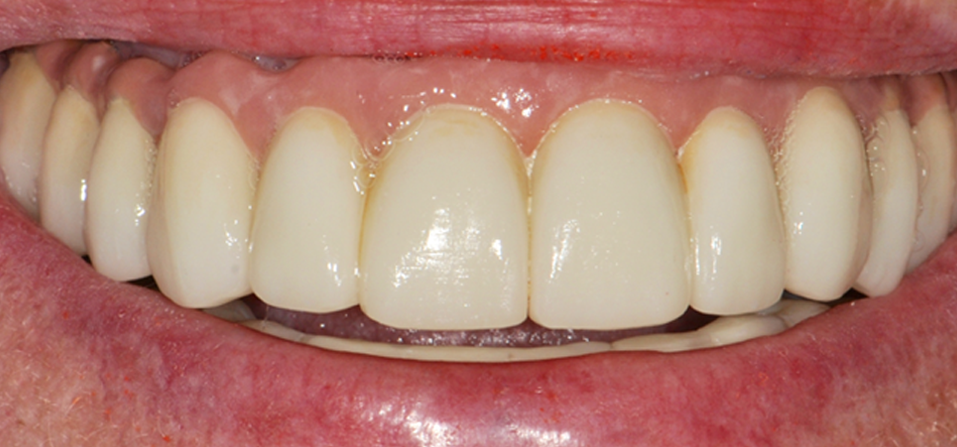
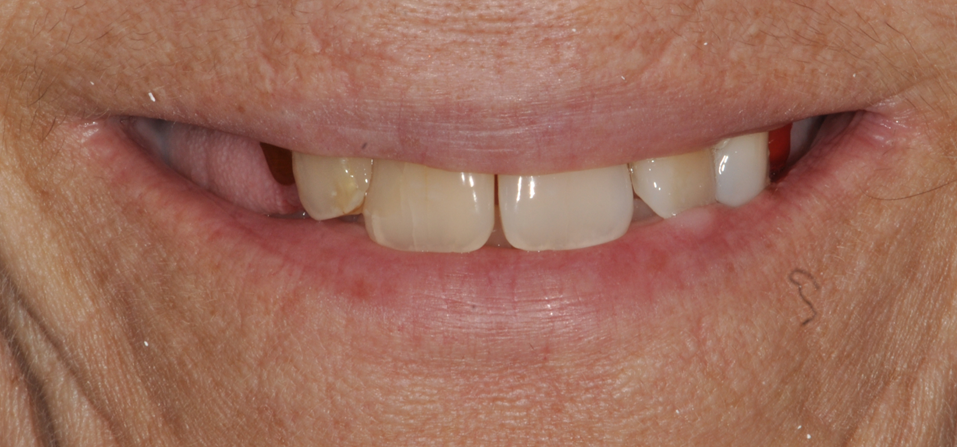
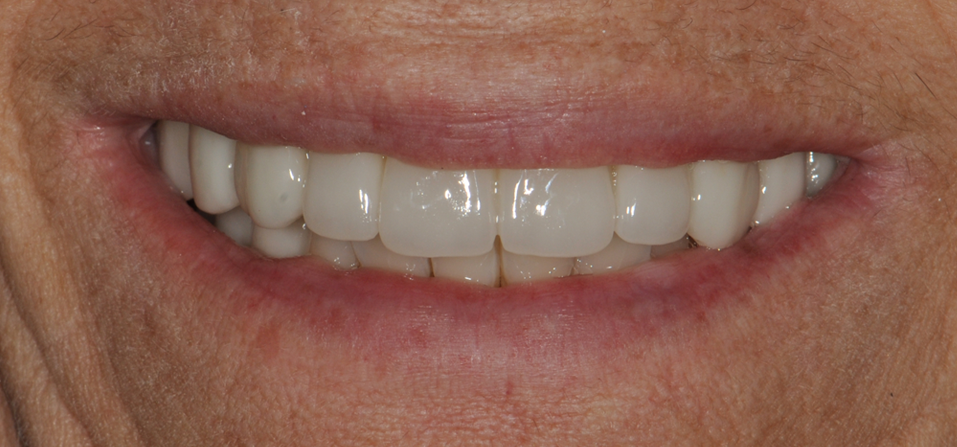
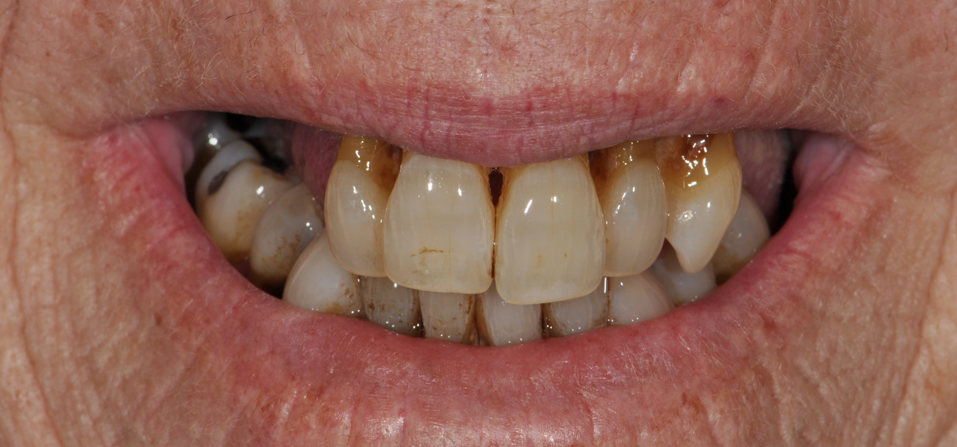
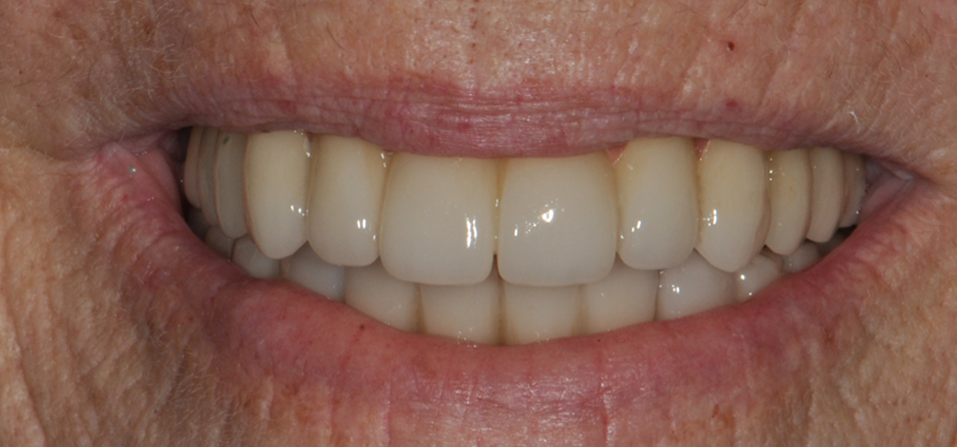
Rehabilitación de implantes de boca completa con 8 implantes en
la mandibula superior, 6 implantes en la inferior.
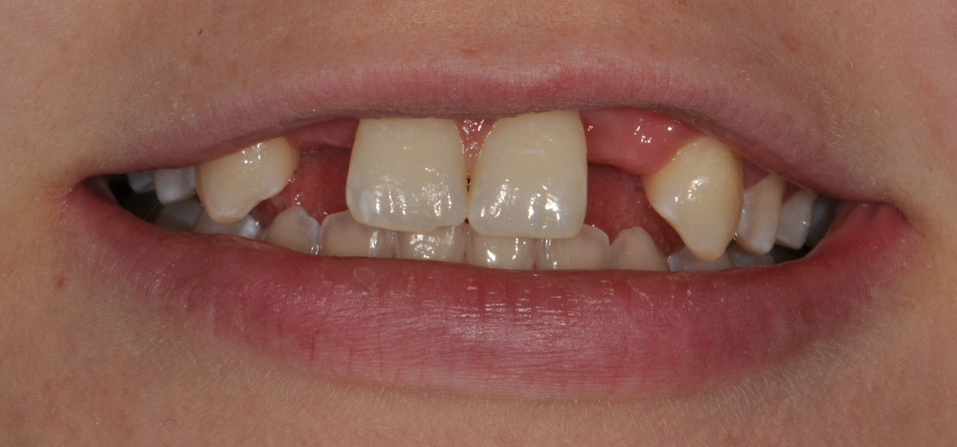
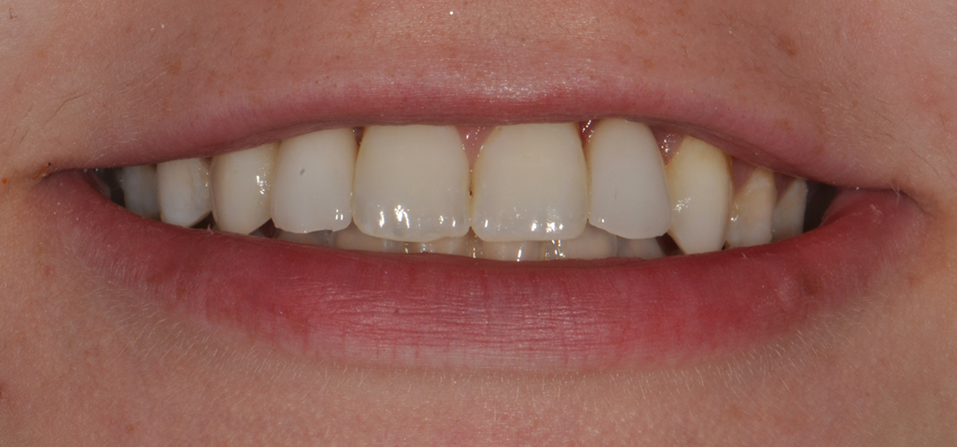
Reemplazo de dientes perdidos con implantes dentales.
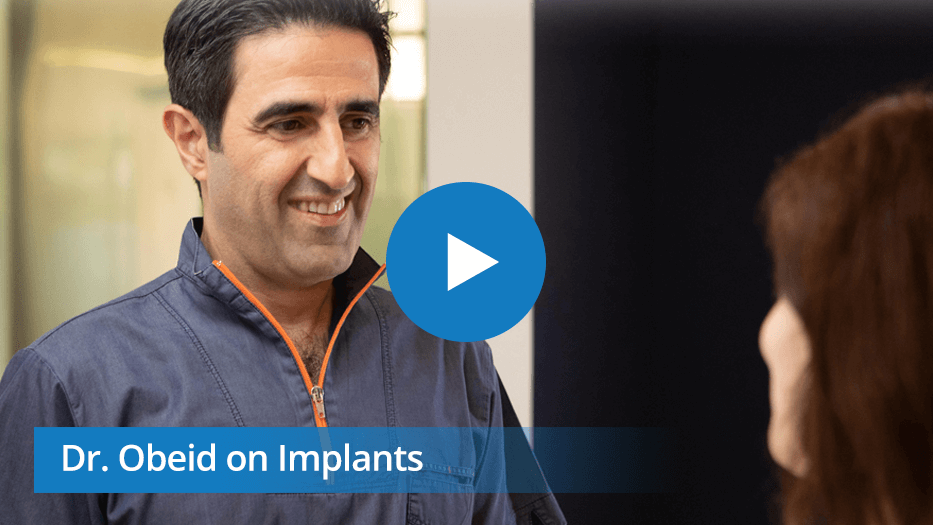

Implantes Dentales

Dental implants are a tooth replacement option. To understand what an implant it helps to
think of the dental implant in its three distinct parts:
As with any surgery, you should expect some amount of discomfort immediately following the dental implant placement. This ranges from mild to moderate in most cases and many patients easily regulate their pain with over the counter pain relievers such as acetaminophen or ibuprofen (Tylenol or Advil). If needed we can prescribe a stronger pain medication.
The bones of your jaw need stimulation to retain their size and shape. The bone of your
jaw gets this from adhering to the roots of your natural tooth. When a tooth or multiple
teeth are lost, the bone tissue of the jaw begins slowly disappearing around that area.
Over time this can alter the shape of the jaw and the fit of the dentures. An implant
replicates the roots of your teeth and maintains facial structure. Implants help maintain the
bone value, add to the the stability of dentures and provide a non removable option – fixed
bridges.
Your final restoration will mimic your natural teeth and most patients report significant
improvement with their eating, especially the types of foods that can be consumed with
their implant restorations
As with any surgery, you should expect some amount of discomfort immediately following the dental implant placement. This ranges from mild to moderate in most cases and many patients easily regulate their pain with over the counter pain relievers such as acetaminophen or ibuprofen (Tylenol or Advil). If needed we can prescribe a stronger pain medication.